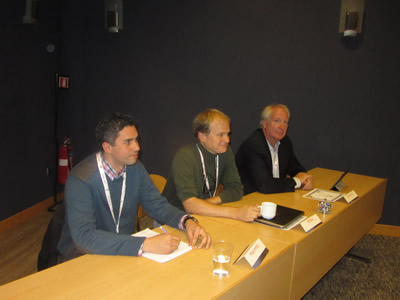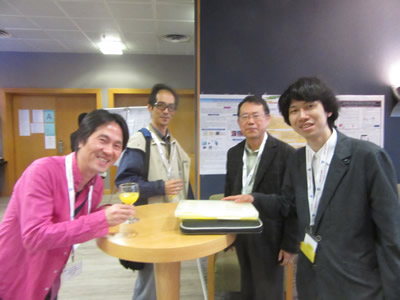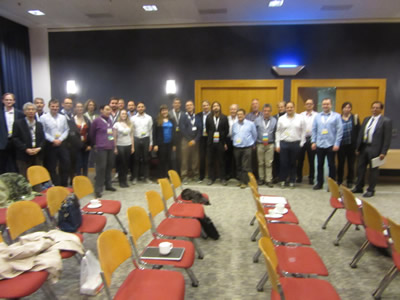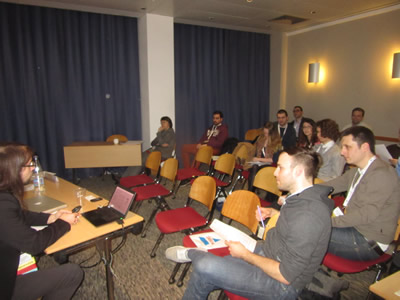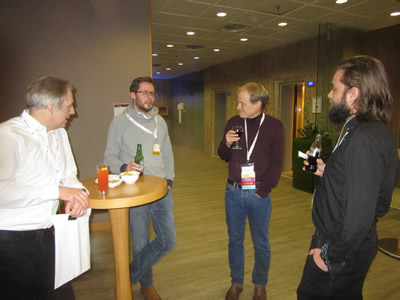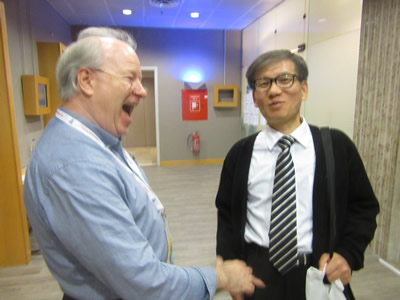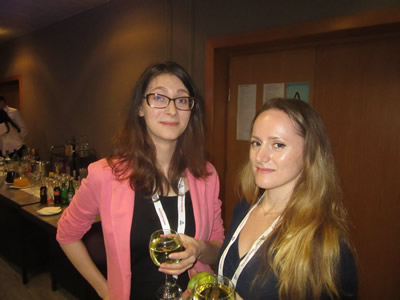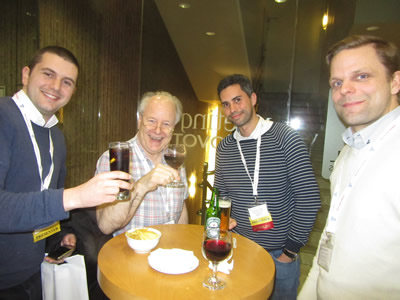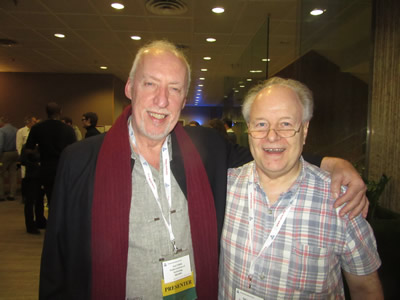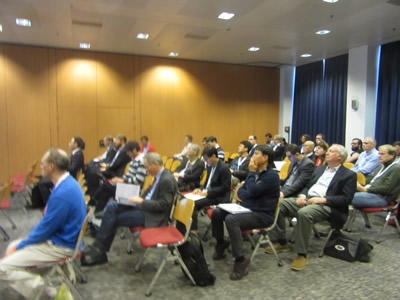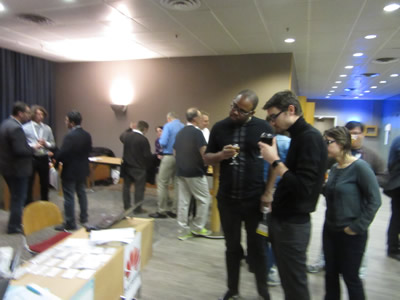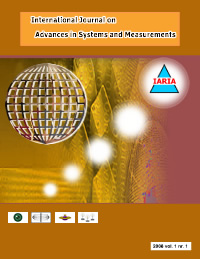CYBER 2018 - The Third International Conference on Cyber-Technologies and Cyber-Systems
November 18, 2018 - November 22, 2018
CYBER 2018: Tutorials
T1. Advanced Approaches to Enhance Cyber Applications
Dr. Thomas Klemas (Speaker), Decision Engineering Analysis Laboratory-Cambridge, USA
Dr. Steve Chan, Harvard University/Decision Engineering Analysis Laboratory, USA
Section 1: Cyber Assessment, Cyber Frameworks, Machine Learning
- Virtual Cyber Ranges
- Cyber Assessment
- Cyber Frameworks
- Machine Learning Applications
Section 2: Cyber Robustness, Adaptation, Countermeasures and Analytics
- Video #1: Whitebox Orientation for Software Cyber Robustness
- Lessons Learned from Cyber Efforts amidst Ever-Increasing Cycles of Adaptation
- Anti-Systems (Countermeasures)
- Predictive Analytics
Section 3: Artificial Intelligence, Creativity, Mutation, Traffic Analysis, Information Sharing
- (15 min) Video #2: Hybridizing Artificial Intelligence Systems with Human Intuition as well as Open Source and Non-Open Source Components
- Lessons Learned for Maximal Cyber Creativity to mitigate High Adversarial Mutation Rates.
- Traffic Analysis (Baselining, Pattern and Anomaly Detection)
- Information Sharing (Target of Choice or Target of Chance)
Section 4: Ideation for Future Cyber Innovation
- Audience participation with Instructor moderation
- Cyber Survey
T2. Desktop VR and AR – A Hands-on Approach
Prof. Dr. Zhijie Xu, University of Huddersfield, United Kingdom
The current hype of Virtual Reality (VR) and Augmented Reality (AR) began in 2010. Since then, from Oculus Rift to Google Glass, from Sony PlayStation to HTC Vive, VR and AR have been getting ever more attention from business and public alike. Which VR/AR hardware should I go for, what content creating software should I acquire, and how much could I afford to part with for the latest gadgets and upgrades had often become the first few questions a user ask him/herself before committing to the purchase?
While, it was not that long ago (mid- to late 90s), there was something called “desktop VR” (or semi-immersive VR), in contrast to the costly full immersive HMD (Head Mounted Display) or CAVE-like VR systems. So had the definition passed its warranty? Is there potentially a renewed Bill of Life for it in the “new” era? This tutorial aims to answer some of those questions by developing learners’ creativity and abilities in advanced desktop VR and AR development.
It covers advanced modelling and programming techniques, particularly relating to gaming interface system design. Computer Vision (CV) algorithms and models will be explored to enable seamless gameplay mechanisms. Three integral sessions will be delivered to introduce 3D graphics and rendering pipeline, computer vision and gaming input, and the integration of the first 2 to create DIY (Do-It-Yourself) style VR and AR application programs.
At the end of the tutorial, learners are expected to have a good grasp of CV-based HCI design principles, development and test procedures, and their applications in cost-effective VR and AR systems.
It is anticipated that there are plenty of potential applications such as those in the first person, role-playing physically embedded games; and, in the innovative forms of serious applications in training, learning, and rehabilitation. The tutorial will also aid learners’ future effort in systematically:
- modelling of human-computer interaction modes
- formalising the HCI design process
- selecting appropriate hardware, software, maintenance toolkits
- evaluating the sensory, perceptual, cognitive and psychomotor aspects of human-computer interaction in real and virtual environments
The tutorial will finish with a discussion session on the theoretical underpinnings of VR and AR and their educational values.
T3. What Does “Term Meaning” Mean?
Prof. Dr. Christophe Roche, University Savoie Mont-Blanc, France and University of Liaocheng, China
Whatever our domain of research, of practice, there is neither communication nor knowledge sharing without a common understanding on the terms we use. But what is a term? And what does “understanding a term” mean? If a term is a word, it is not whatever word. The meaning of a term can be either built in discourse, taking into account the context, or the definition of the concept denoted by the term. In the first case, one talks of lexicographic definition, in the second case, one talks of terminological definition. In either case, how can a common understanding be reached and guaranteed?
In this tutorial, we will focus on terminological definition, wherein the term is a “verbal designation of a concept”, as stated by the ISO standard on Terminology (ISO 1087-1), which shifts the issue from term to concept. What are the concept theories of terminology? What are the languages for the representation of concept? Are these languages (e.g. logic, frame languages) equivalent? And if they are not, what are the gains and the losses? Why and how formal languages can be useful? Are ontologies of knowledge engineering useful for term meaning building and representation?
This tutorial will be a journey through these issues, raising questions for debate, as well as proposing possible perspectives.


